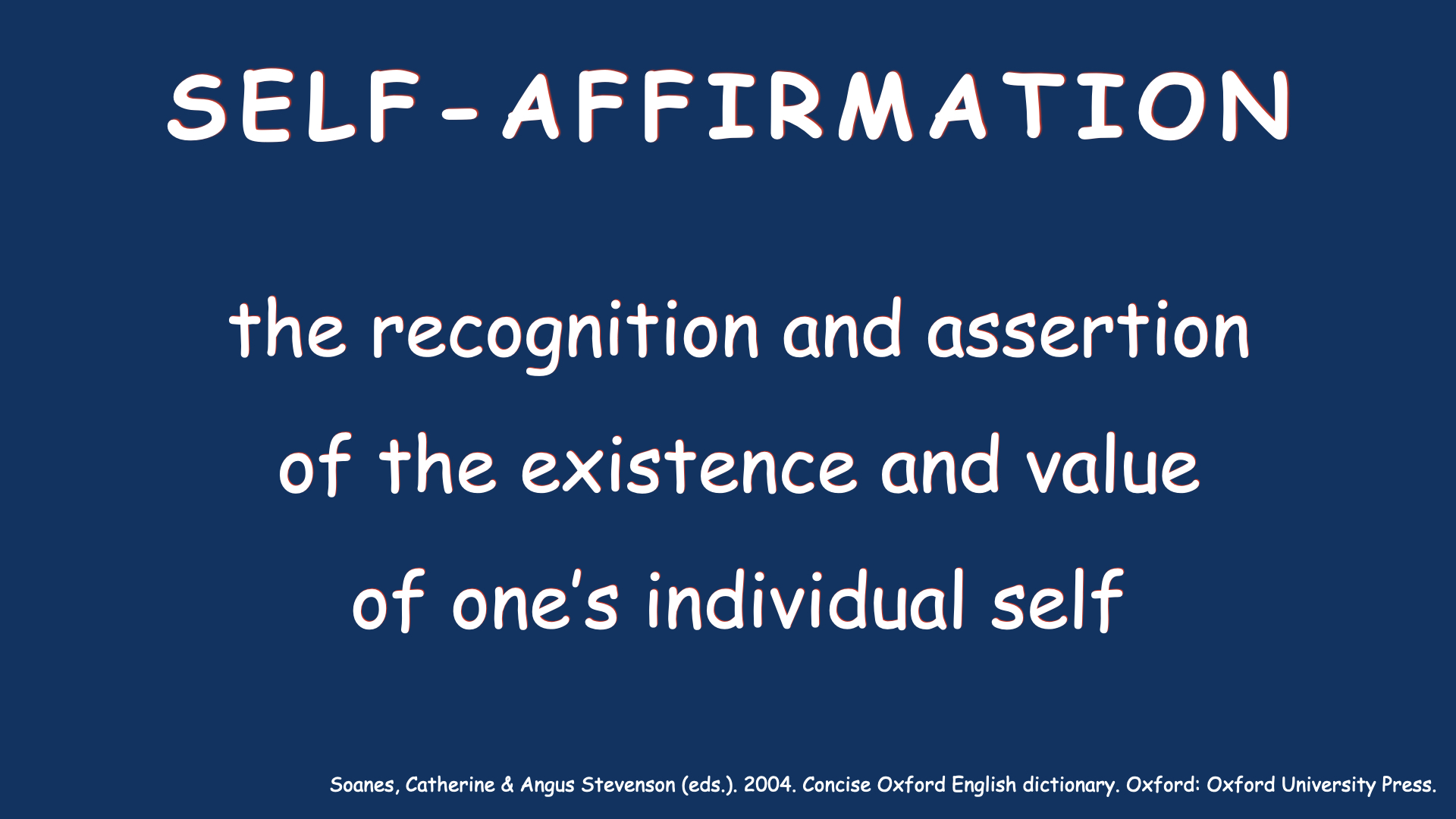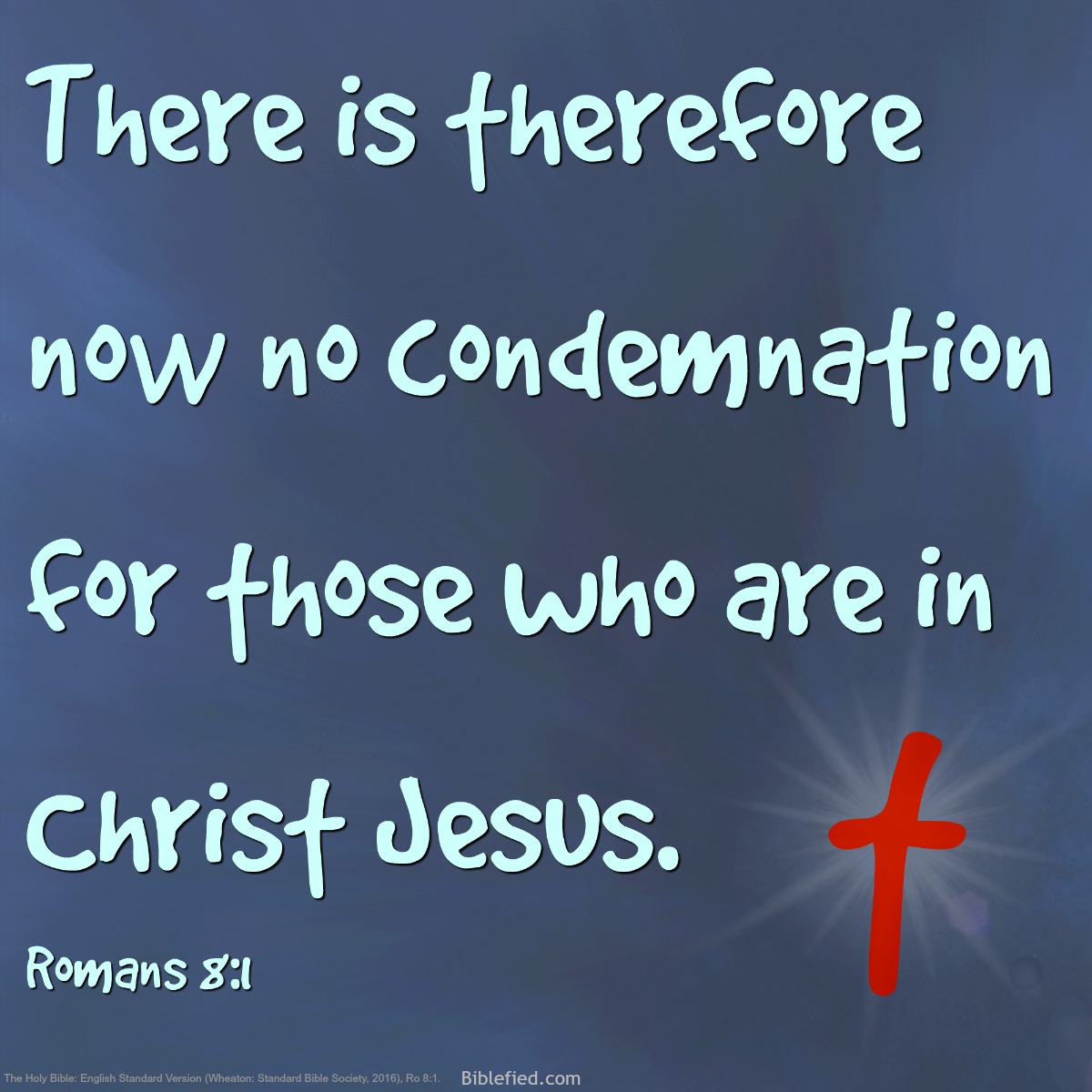|
|
Self-Affirmation
Self-affirmation is the topic of this second of four Bible study lessons in the Who Am I Bible Study. In our first lesson, we explored the doctrine of self-denial.
This Bible study is designed to be done over a five day period. We provide the daily study questions here for you. There's a link at the bottom of this page where you can compare your answers.
Self-affirmation is not a call for us to love ourselves. It's the recognition and assertion of the existence and value of one’s individual self.1 For an understanding of both the existence and value or yourself, a Christian can only turn to the Bible.
Day One

Let's explore the attitude Jesus had towards people as laid out by John Stott in his book The Cross of Christ. He calls us to consider three points on this topic:
- Jesus's teaching about people
- Jesus' demonstrable attitude about people
- Jesus' mission and death for people2
"The ultimate basis of our positive self-image must be
God's acceptance of us in Christ."
The Christian Looks at Himself by Anthony A. Hoekema
Question 1: What do we learn regarding Jesus' teachings about people from the following verses of Scripture?
- Matthew 6:26
- Matthew 12:12
Question 2: What can we see from the following verses about Jesus' attitude towards people who were marginalized by society in his day?
- Mark 10:13-16
- Mark 14:3-9
Day Two

Question 1: Perhaps the greatest example of the attitude of Jesus towards people is seen in the following verses. From the following verses, how would you characterize the value of people to Jesus?
- John 10:7-18
- Matthew 20:28
Question 2: How does a clear understanding of the value of people from a godly perspective help your attitude towards people to whom you wouldn't otherwise be gracious?
Day Three
How Can We Both Deny and Affirm Ourselves?
John Stott's book The Cross of Christ addresses this for us. Here's an excerpt:
"How is it possible to value ourselves and to deny ourselves simultaneously?
This question arises because we discuss and develop alternative attitudes to ourselves before we have defined the 'self' we are talking about. Our 'self' is not a simple entity that is either wholly good or wholly evil and therefore to be either totally valued or totally denied. Instead, our self is a complex entity of good and evil, glory and shame, which on that account requires that we develop more subtle attitudes to ourselves.
What we are (our self or personal identity) is partly the result of the creation (the image of God) and partly the result of the Fall (the image defaced). The self we are to deny, disown and crucify is our fallen self, everything within us that is incompatible with Jesus Christ (hence his commands 'let him deny himself' and then 'let him follow me'). The self we are to affirm and value is our created self, everything within us that is compatible with Jesus Christ (hence his statement that if we lose ourselves by self-denial we will find ourselves). True self-denial (the denial of our false, fallen self) is not the road to self-destruction but the road to self-discovery." 3
Question 1: What in your life you must deny?
Question 2: What in your life you must affirm?
Day Four

To move beyond the contrast between what we need to deny and affirm about ourselves in this self-affirmation Bible study, we need to advance our understanding a bit more. As Christians, we have the ability to add the wonderful perspective that human beings aren't just created and then they're subsequently fallen.
With the great love that God showed us through his son Jesus Christ, we can say that yes we were created, and yes we are fallen, but we have been redeemed!
This now gives us more to affirm and more to deny.4
More to Affirm
Question 1: In light of this and the following verses what are we to affirm and how has your self-image changed?
- Ephesians 4:22-24
- Colossians 3:9-10
- II Corinthians 5:17
More to Deny
Jesus Christ emptied himself of his glory according to Philippians 2:6. We know Jesus was without sin (Hebrews 4:15) yet this Scripture in Philippians is an example of Jesus denying himself.
That is, he didn't cling to his privileged status. And because he and his father were one (John 10:30), he did the will of God the Father and gave his life as a ransom for many (Matthew 20:28).
Addressing this concept of Jesus emptying himself, Philippians 2:5 tells us that we Christians should have this same attitude as Jesus Christ.
Question 2: How can we empty ourselves or deny ourselves and do the will of our father?
Or, how can you deny yourself something that's yours by right, like Jesus did, so you can accomplish something according to God's will for your life?
Day Five
As we close this Self-Affirmation Bible Study, an excerpt from The Cross of Christ allows us to see the application of the concept of self-affirmation:
"There is . . . a great need for discernment in our self-understanding. Who am I? What is my 'self'?
The answer is that I am a Jekyll and Hyde, a mixedup kid, having both dignity because I was created and have been re-created in the image of God, and depravity because I still have a fallen and rebellious nature.
I am both noble and ignoble, beautiful and ugly, good and bad, upright and twisted, image and child of God, and yet sometimes yielding obsequious homage to the devil from whose clutches Christ has rescued me.
My true self is what I am by creation, which Christ came to redeem, and by calling. My false self is what I am by the Fall, which Christ came to destroy.
Only when we have discerned which is which within us will we know what attitude to adopt toward each. We must be true to our true self and false to our false self.
We must be fearless in affirming all that we are by creation, redemption and calling, and ruthless in disowning all that we are by the Fall. Moreover, the cross of Christ teaches us both attitudes.
On the one hand, the cross is the God-given measure of the value of our true self, since Christ loved us and died for us. On the other hand, it is the God-given model for the denial of our false self, since we are to nail it to the cross and so put it to death.
Or, more simply, standing before the cross we see simultaneously our worth and our unworthiness, since we perceive both the greatness of his love in dying, and the greatness of our sin in causing him to die." 5
Question: What's more difficult for you to do? Is it easier to deny yourself and affirm who you are in Christ, or to serve yourself and enjoy the "pleasures" of sin? Are there any Scriptures that help you to have the mind of Christ (Philippians 2:5) so you can make the proper choices?
Click here to compare your answers.
We pray this Bible study lesson on self-affirmation has blessed you.
Please know that as an Amazon Associate we earn from qualifying purchases linked on this site.
|
1 Soanes, Catherine & Angus Stevenson (eds.). 2004. Concise Oxford English dictionary. Oxford: Oxford University Press. |
 |
|
2 Stott, John R. W. 2006. The Cross of Christ. Downers Grove, IL: IVP Books. p. 274. 3 Ibid, p. 275. 4 Ibid, p. 276. 5 Ibid, p. 277-8. |
 |